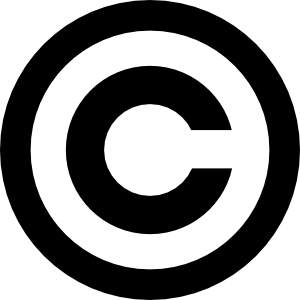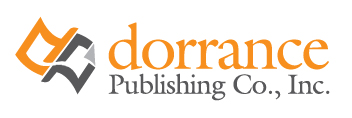Why Not to Register Copyright for Unpublished Work
Posted by Victoria Strauss for Writer Beware
If you have an unpublished manuscript that you’re shopping to agents and/or publishers, or considering self-publishing, there’s no need to register your copyright prior to publication.
Why?
Well, for one thing, you’re fully protected by copyright law from the moment you fix your work in tangible form (write down the words). In countries that have an official copyright registration process–and many don’t–registration provides no additional copyright protection.
It does confer various legal benefits. Where available, official registration provides prima facie evidence of copyright ownership that can be used in court. In the US only, registration is a pre-requisite for filing a copyright infringement lawsuit.
However, you are not in danger of copyright infringement at the submission stage. Many authors have an unreasonable fear of theft by agents and publishers–but good agents and publishers won’t risk their reputations this way, and in any case it’s easier just to work with you than go to all the trouble of stealing your work and pretending it belongs to someone else. As for bad agents and publishers…they aren’t interested in your work at all, only in your money.
It’s not until your manuscript is about to be exposed to a large audience–i.e., published–that you need to think about copyright registration. If you publish with a larger publishing house, the publisher will take care of this for you. For small presses, you may have to take care of it on your own. Ditto for self-publishing (you may be able to pay the service to register for you, but this will always be more expensive than doing it yourself).
By the way, don’t be confused by the many faux registration services (such as this one or this one). Whatever datestamping or timestamping they provide is not a substitute for official registration–and possibly won’t hold up in court, since it can be faked. So-called “poor man’s copyright”–putting a manuscript in an envelope, mailing it to yourself, and retaining it unopened–is similarly useless, though it’s often touted online as a cheap registration substitute.
Why else might you want to avoid registering copyright for unpublished work? You may be solicited by questionable companies. Vanity publishers and dodgy literary agents have long used copyright registration lists (and magazine subscription lists) to troll for customers. Dorrance Publishing–an old-line vanity publisher that has re-tooled itself for the digital age–is a particular offender in this regard. Here’s an example, recently received by a writer who knew better than to respond:
Dear [name redacted],
One of our researchers has discovered your manuscript titled, [title redacted], registered with the Library of Congress and has forwarded your name to me as a possible candidate for publication with our company.
As an author, you are probably aware of (and perhaps have experienced) some of the problems of trying to get your work published by a commercial publisher. Just having your manuscript read by most commercial publishers is difficult and usually involves long delays.
Dorrance Publishing Company, Inc. provides a practical alternative for consideration by authors of book length fiction and nonfiction manuscripts, collections of poetry, collections of short stories, children’s books, etc., who wish to see their works in print.
The Dorrance name has been associated with a tradition of quality author services since 1920. I welcome the opportunity to discuss our services with you and to review your manuscript to determine whether it meets our requirements for publication, and if so, if we can be of help. You may submit your completed, typewritten manuscript to me for a no-fee, no-obligation review.
Also, I will be happy to send you a complimentary copy of our 32-page brochure, Author’s Guide to Subsidy Publishing. The brochure outlines our publishing programs, including the manner in which we mechanically edit, design, produce, and promote our books.
The email goes on to provide submission instructions. Note that, except for the word “subsidy” in the last paragraph, no mention whatever is made of fees. In fact, Dorrance charges thousands of dollars to publish.
For more on copyright, see the Copyright page of the Writer Beware website.




